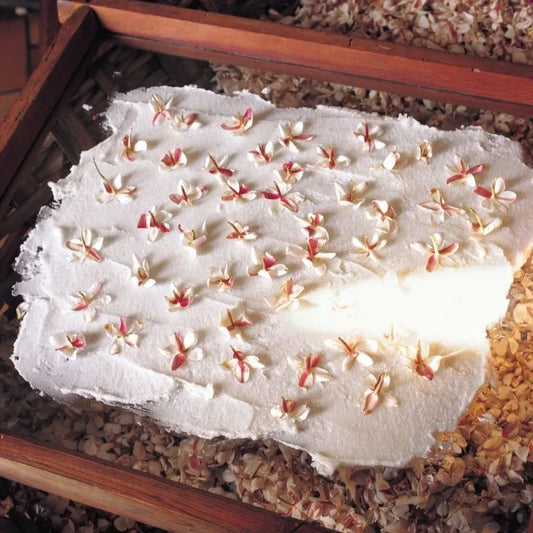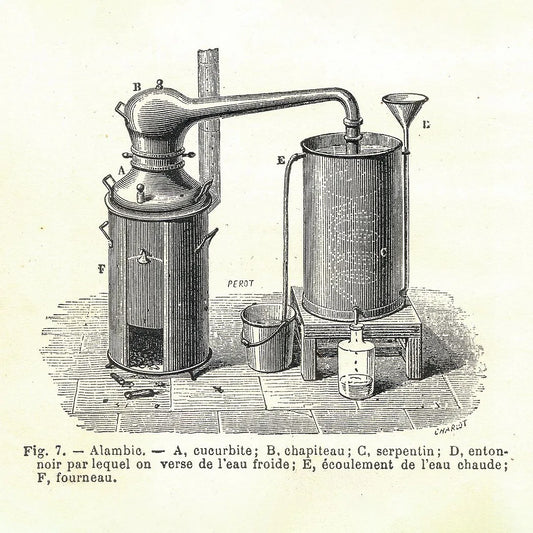The effects of essential oils on the body’s hormones can be either positive or negative, depending on the user’s age and gender.
Ramsey et al. (2018) completed a study at the National Institute of Environmental Health Sciences and presented its findings at the Endocrine Society’s annual meeting that year. Ramsey determined that lavender and tea tree oil both contain constituents that can disrupt the endocrine system—the glands that produce hormones that control metabolism, sexuality, reproduction, sleep, growth, and other bodily functions. The study found evidence that these two essential oils can behave like estrogen and that can suppress testosterone, both of which can affect children during puberty. An increasing number of cases have found male gynecomastia in boys—abnormal growth of breasts—when the boys use lavender and/or tea tree oil topically. When they stopped using the oils, their breasts returned to normal. Ramsey and his colleagues broke down lavender and tea tree oils and chose eight components for further study, testing them on human cancer cells in test tubes and finding that some of them “demonstrated varying estrogenic and/or antiandrogenic properties … consistent with endogenous, or bodily, hormonal conditions that stimulate gynecomastia in prepubescent boys,” as a March 2018 news release from the Endocrine Society reported.
The constituents tested by Ramsey’s team occur in “at least 65 other essential oils,” the report continued, suggesting that pubescent boys should avoid essential oils or risk the possibility of endocrine system issues.
This study met with a great deal of pushback from entities including the Australian Tea Tree Industry Association, which considered the Ramsey study “sensationalism” that caused “undue concern for consumers … around the world.” The association pointed to other, older studies that “demonstrated the flaws in linking TTO … to endocrine disruptor activity.” Endocrine News reported in July 2018 that Ramsey and his team “acknowledge that what was presented at [the conference] and the subsequent publication isn’t the final word on the health effects of essential oils. Their work warrants further investigation, and there are more questions to answer.”
On the other end of the age spectrum, essential oils are often considered a partial remedy for the symptoms of menopause. A study published in the September 2008 issue of Evidence-Based Complementary Alternative Medicine (Hur, Yang, and Lee, 2008) used aromatherapy massage with lavender, rose geranium, rose, and jasmine essential oils on 25 menopausal women, with a control group of 27 women who did not receive such massage. The experimental group reported “significantly lower total menopausal index” than the control group, with reductions in symptoms of menopause including hot flashes, night sweats, melancholia, achiness, muscle pain, and stiffness. “However, it could not be verified whether the positive effects were from the aromatherapy, the massage or both,” the researchers noted.
Practitioners of aromatherapy usually recommend a range of essential oils to relieve menopausal symptoms: clary sage, fennel, lavender, jasmine, and especially geranium for depression; juniper and rose oils for pain relief; angelica, lavender, and rose for anxiety relief; and neroli to aid sleep. A systemic review published in the Journal of Menopausal Medicine (Khadivzadeh et al., 2018) sought a remedy for the sexual dysfunction symptoms of menopause—particularly sexual desire—and found that “it is possible to improve the standardized mean difference (SMD) of the sexual desire up to 0.56 in the aromatherapy group compared with the control group,” using aromatherapy with a combination of lavender, fennel, geranium, and rose essential oils. However, the study concluded, “The findings of the present review should be presented cautiously because of the corresponding limitations such as the lack of a standardized tool, the lack of intention-to-treat reporting, the low study amount, and the short-term follow-up.”
Likewise, a study published in the journal Complementary Therapies in Clinical Practice (Heydari et al., 2018) conducted a double-blind clinical trial on 62 university students to determine the effects of Citrus aurantium (bitter orange blossom) essential oil on premenstrual syndrome (PMS). The students filled out a questionnaire about their premenstrual symptoms and then inhaled either the fragrance of this essential oil or an odorless sweet almond oil during the onset of PMS. The students who had aromatherapy with the essential oil saw an improvement in their symptoms, while the control group did not.
Essential oils also may have both positive and negative effects on pregnant women, which we will explore in question 48: What should pregnant women know about using essential oils?





